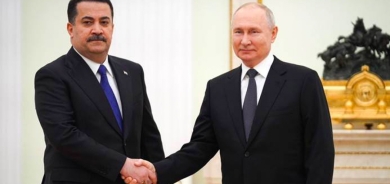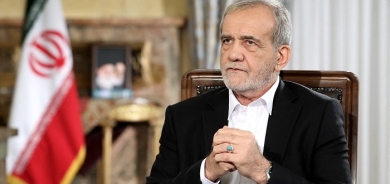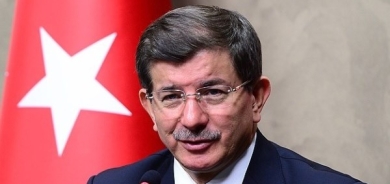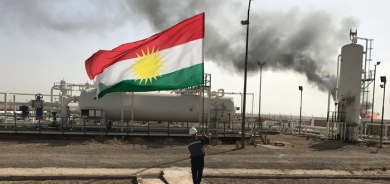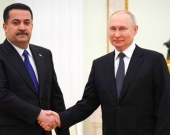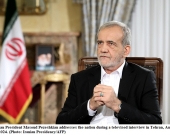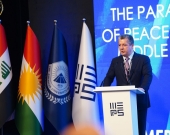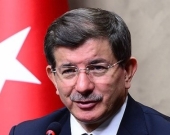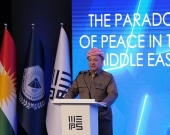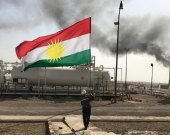Top US, European diplomats to discuss nuclear dispute with Iran
The deal that limits Iran's nuclear programme has been in tatters since former US president Donald Trump pulled his country out of it in 2018 and then reimposed sanctions on Iran's economy.
European powers have been trying to save the accord, even as Tehran breaches major aspects of it, including enriching uranium beyond the level set out in the deal and the amount of uranium stored.
German Foreign Minister Heiko Maas and his British counterpart Dominic Raab are to meet French top diplomat Jean-Yves Le Drian in Paris, while new US Secretary of State Antony Blinken will take part in the talks via video link.
Speaking ahead of the meeting, Maas said Iran was "playing with fire" in its approach to the deal, and that in recent weeks, Iran had "not been pushing for relaxation, but for escalation."
The nuclear dispute escalated on Tuesday when Iran announced it would restrict the access of inspectors from the International Atomic Energy Agency (IAEA) to its facilities if the US did not lift its tough economic sanctions against the country.
Iranian President Hassan Rowhani had informed the IAEA that the country would no longer implement the voluntary transparency measures under the so-called Additional Protocol as of next Tuesday.
The unlimited access of inspectors to Iranian nuclear facilities on the basis of the IAEA Additional Protocol is part of the 2015 agreement signed by Tehran and six world powers, the goal of which was to prevent Iran from building a nuclear bomb.
The new US administration under President Joe Biden wants to come back to the treaty if Iran adheres to its obligations again.
Blinken said last month he wants to work with US allies on Iran, with the eventual goal of getting to a "longer and stronger agreement" with Tehran.
Such a broader deal would included the issue of nuclear weapons but also other concerns, such as missile capacity and regional stability.
In a recent interview with National Public Radio, Blinken put Iran's breakout time - meaning the time it would take for it to produce enough fissile material for one nuclear bomb - at "three or four months and heading in the wrong direction."
Tehran wants Washington to take the first step by lifting sanctions, which have led to the worst economic crisis in Iran's history, in particular sanctions on vital oil exports.
German Chancellor Angela Merkel spoke by phone with Rowhani, her spokesperson said on Tuesday.
According to Steffen Seibert, Merkel was worried that Iran "would continue not to fulfil its obligations under the nuclear deal."
Therefore, it was "high time for positive signals to build trust and increase the chances for diplomatic solutions," Merkel said according to Seibert.

